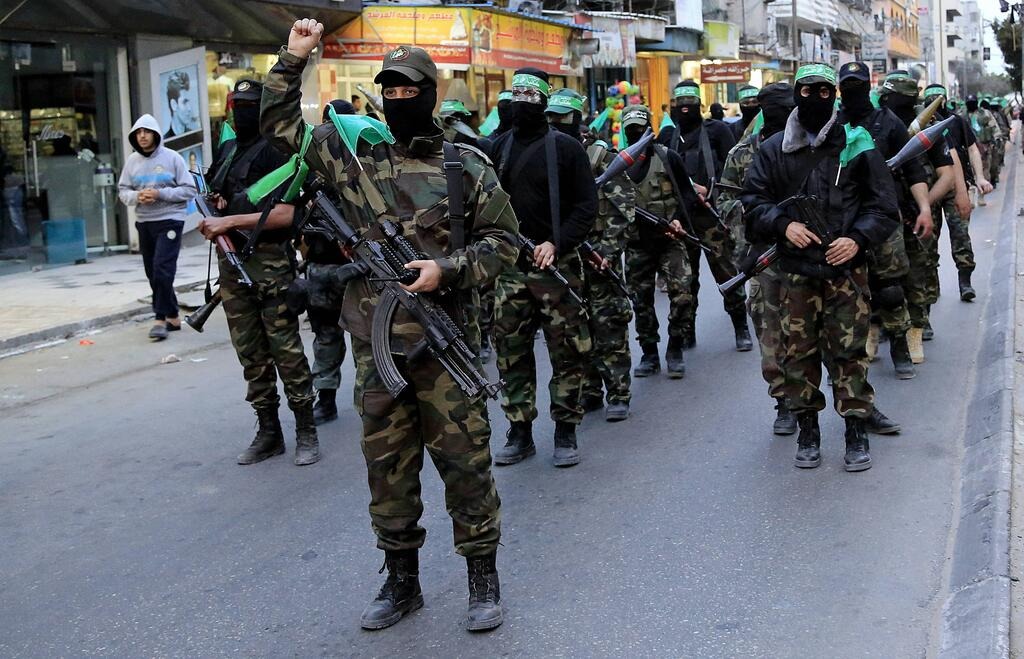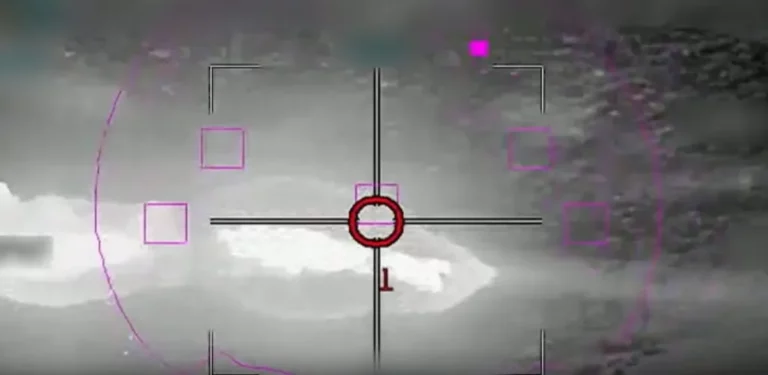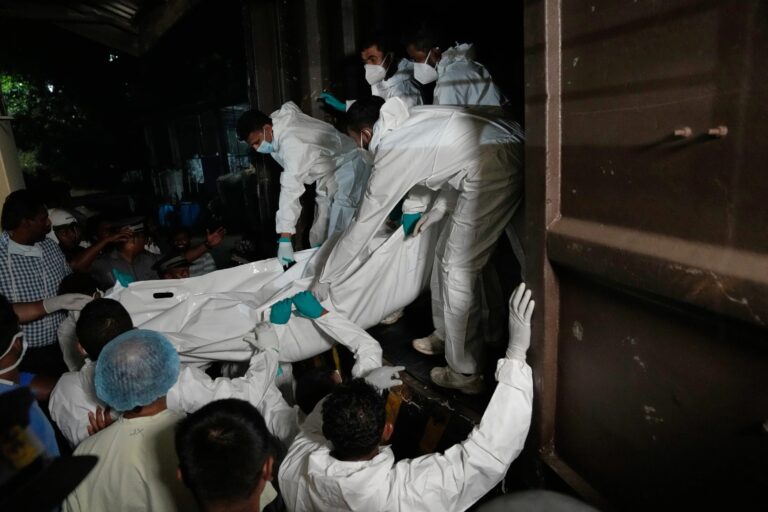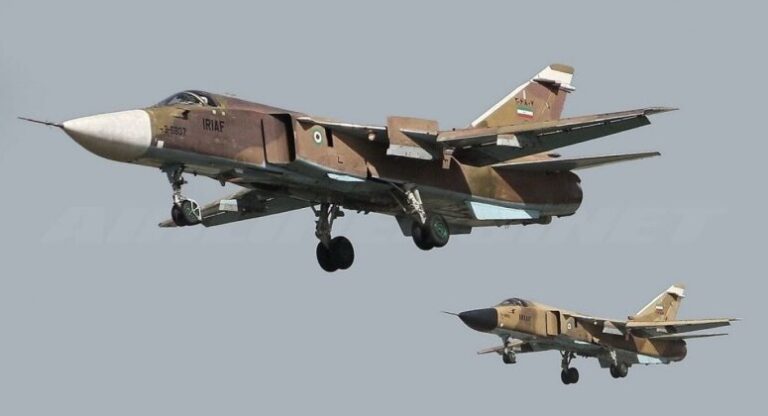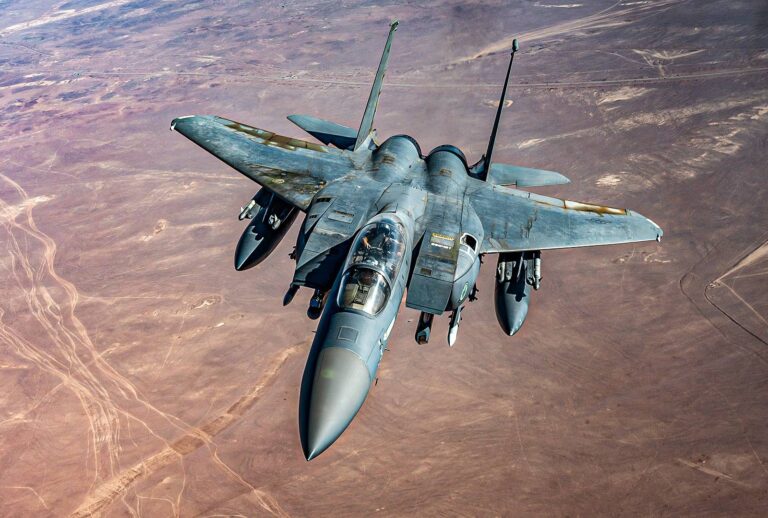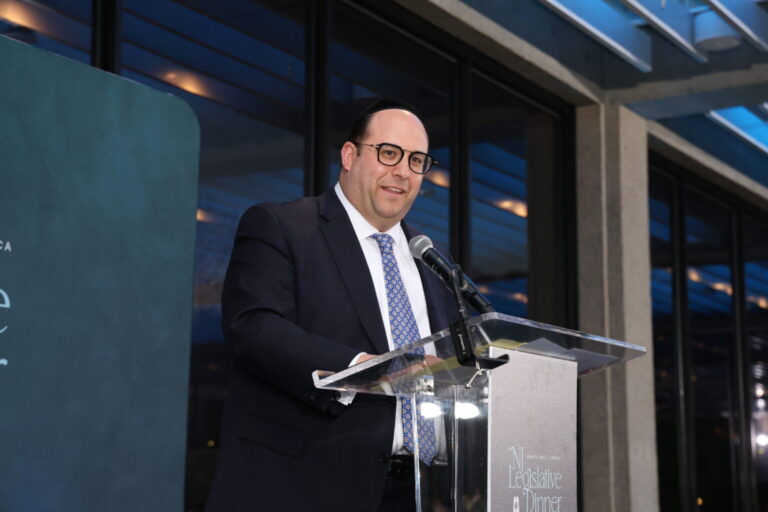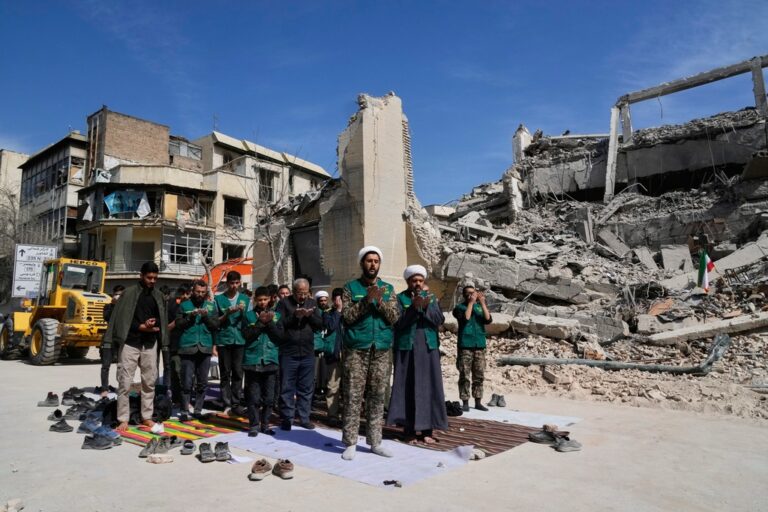Hamas is expected to ramp up efforts to kidnap Israeli soldiers and recover the bodies of fallen troops in Gaza in a bid to gain leverage in ceasefire negotiations, according to experts cited by The Guardian.
“There is no doubt Hamas will increase its attempts to take new hostages, including the bodies of dead soldiers and civilians,” said Michael Milshtein, head of the Palestinian Studies Forum at Tel Aviv University. His comments follow the death of St.-Sgt.-Maj. (res.) Avraham Azulay, 25, who was killed last week in Khan Yunis after Hamas terrorists emerged from a tunnel and attempted to abduct him. The IDF said Azulay fought back before being fatally shot. Other soldiers engaged and eliminated several attackers, preventing the abduction.
Analysts suggest Hamas’s renewed focus on capturing IDF soldiers is aimed at shifting the momentum of the war, both tactically and psychologically. A successful abduction could provide Hamas with a powerful bargaining chip in ongoing ceasefire and hostage negotiations, while also impacting Israeli public morale.
“Hamas may release captives in exchange for a temporary ceasefire, but they are also signaling that any agreement will not mark the end of the conflict,” said Ramallah-based political analyst Abdeljawad Hamayel. “It’s part of a psychological war — to boost their fighters and demoralize both Israeli soldiers and civilians.”
A Palestinian analyst based in Qatar, familiar with Hamas’s strategic discussions, added that even with limited manpower — estimated at just a few hundred active fighters in Gaza — the group remains strategically effective. “They are careful and precise with their resources,” the analyst said.
Experts also described how Hamas has undergone a tactical evolution since its October 7 massacre, transitioning from a quasi-conventional military force into a decentralized guerrilla network. “It’s a very complicated battlefield for the IDF,” said Guy Aviad, a former IDF historian and expert on Hamas. “They are exploiting the rubble and urban chaos, and they have decades of guerrilla warfare experience.”
The conflict has entered what experts are calling a phase of attritional warfare, designed to slowly wear down Israel’s operational capacity and global image. “We’re seeing limits to Israel’s military power — not just in terms of physical force, but in international perception as well,” Hamayel noted.
Despite the sustained Israeli pressure on Hamas — including the killing of senior commanders and widespread destruction across Gaza — the terror group’s leadership remains defiant.
“In Israel, we believed that continued military pressure would eventually break Hamas,” Milshtein said. “But how much more pressure can you apply? We’ve decimated their leadership. We’ve destroyed Gaza. And yet, the core ideology and demands of Hamas remain unchanged.”
(YWN World Headquarters – NYC)

